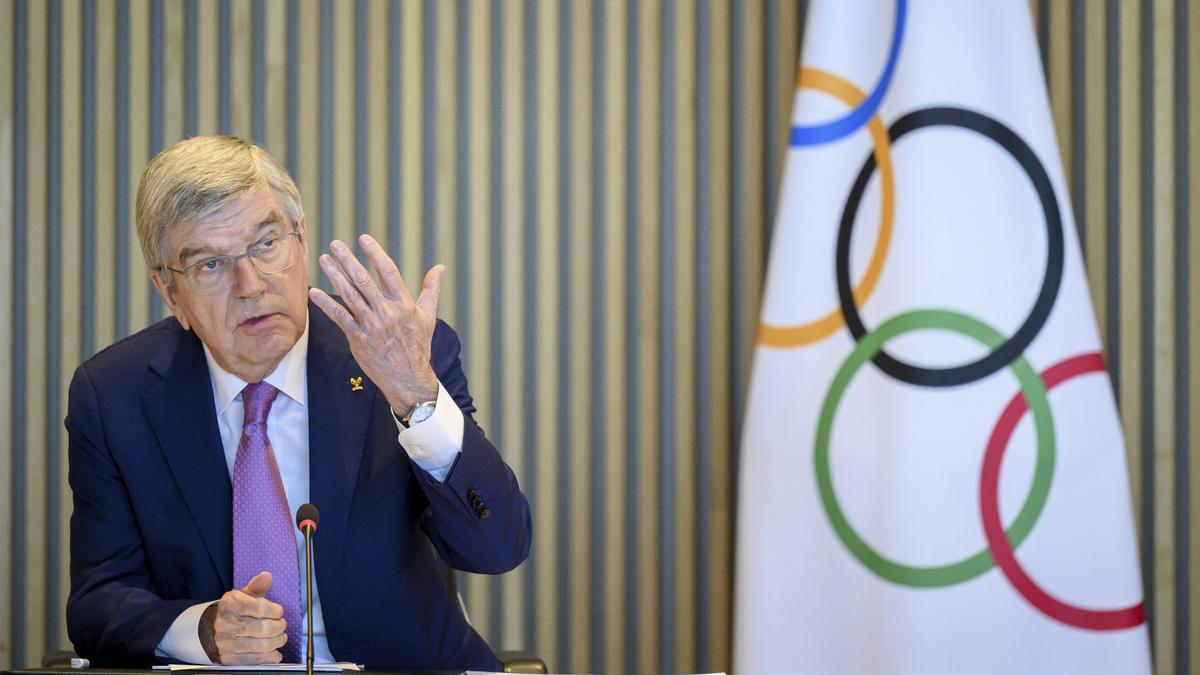IOC transgender framework goes against science, says academic paper
A group of 26 academics have challenged the International Olympic Committee’s framework on the inclusion of transgender athletes in sport, saying it does not protect fairness for women nor align with scientific or medical evidence.
The paper, published this week in the Scandinavian Journal of Medicine and Science in Sports, said decisions on eligibility for female competition must consider male development rather than testosterone levels.
“We urge the IOC to re-evaluate the recommendations of their framework to include a comprehensive understanding of the biological advantages of male development to ensure fairness and safety in female sports,” the paper said.
“Sports face the uncomfortable reality that the inclusion of transgender women in female sports categories cannot be reconciled with fairness, and in some instances safety, for females in athletic sports.”
The IOC Framework on Fairness, Inclusion and Non-Discrimination on the Basis of Gender Identity and Sex Variations is a document produced to guide international sports federations when establishing their own rules.
READ | International Olympic Committee targeted by Russian prank calls
The IOC did not immediately respond to a request for a comment.
Global governing bodies for cricket, cycling, athletics, swimming and chess have tightened their eligibility for elite women’s competitions over the last couple of years.
Other sports, at international and national level, allow transgender athletes to compete in women’s sport if they can show reduced levels of testosterone.
The paper said the framework’s instruction that federations make “no presumption of advantage” due to an athletes’ transgender status ignores the permanent advantage held by anyone who has been through male puberty.
“Studies show that transgender women … with suppressed testosterone retain muscle mass, strength, and other physical advantages compared to females; male performance advantage cannot be eliminated with testosterone suppression,” it said.
“Failing to acknowledge male category-level advantage or arguing it is simply a ‘presumption’ undermines the purpose of segregated sex categories in sports …”
American Lia Thomas is challenging the exclusion of transgender swimmers from women’s events by taking World Aquatics to the Court of Arbitration for Sport, alleging that the rules introduced in 2022 amount to discrimination.
The academics, who include sports scientists and biologists from around the world, also called for women to be recognised as key stakeholders in the decision-making process on inclusion in sport.
The IOC framework mentions only consultations with athletes directly impacted.
“The IOC must consider the rights and opinions of all stakeholders, explicitly including female athletes as primary stakeholders,” the paper said.
“Female athletes should be able to speak freely, without fear of reprisal or punishment.”


